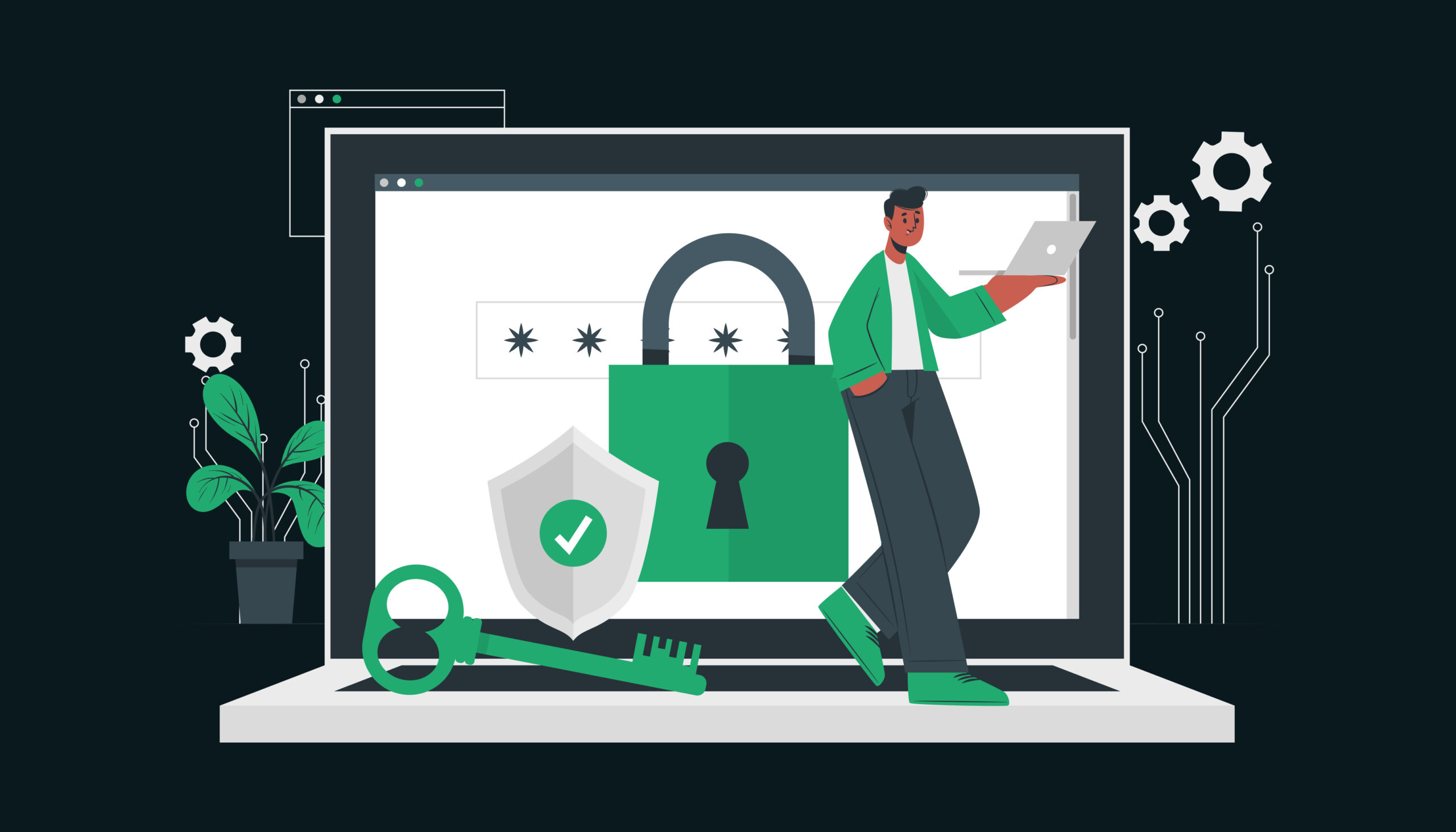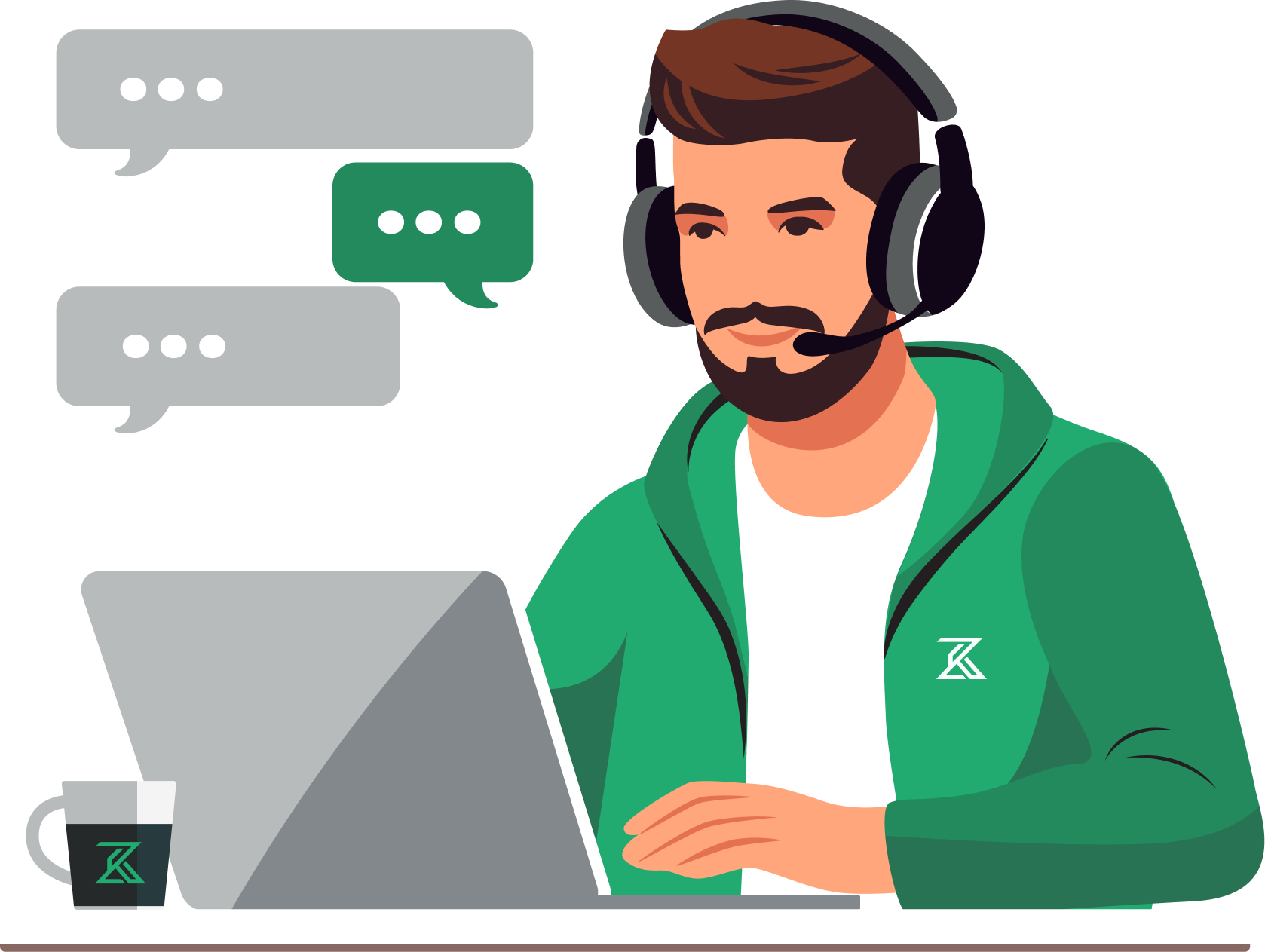Online privacy, also known as internet privacy or digital privacy, refers to how much of your personal, financial, and browsing information is kept secret when you’re online. It has become a rising source of concern, with surfing history and personal data increasingly in danger.
Many people underestimate the value of internet privacy, but they should be conscious of how much information they’re revealing—not only on social networks but even just by surfing.
What is the significance of internet privacy?
When you attempt to build a mental list of intimate items you’re willing to disclose with total strangers — and those you’d prefer not — the necessity of digital privacy becomes evident.
You certainly don’t want your medical data, bank statements, or even specific items from your shopping cart to be made public. Anyone who tuned in witnessed how easy it was for people to obtain someone’s personal information, such as their home address, friends’ names, preferences, or favorite places, depending on what they publicly published.
Yes, you may keep your social network account private and only share certain content with a limited number of individuals. But how can you be sure what social media does with the information you share? What about your other online footprints, such as browsing history, transactions, or even online correspondence?
Is Online Privacy a Myth?
Is internet privacy a fiction if just connecting to the Internet implies some type of tracking or surveillance?
It may look that way since privacy is not considered a baseline in our connected society. Online privacy is nevertheless attainable for individuals who believe in this right. Not everywhere and at all times, but when and where it is most important.
When you download a new app or make a purchase, you agree to a set of terms and conditions. Companies can legally collect information about you, including what you buy, which websites you visit, and your interests in a range of topics, because you consented to this. Although this form of personal data collection is lawful, you may still make efforts to limit these invasions of privacy.
Online privacy exists, and it is up to each of us to make it the rule rather than the exception.
What Is the Importance of Online Privacy?
To take action to protect your online privacy, you must first feel it is worthwhile.
Everything from how technology advances to how this progress affects your personal safety and security is affected by online privacy. To mention a few of the real “offline” hazards that inadequate online privacy produces, there is doxing, harassment, extortion, and swatting.
Examples of Online Privacy Threats:
1. Reused Passwords:
We’ve all used bad passwords at some point. Perhaps you still do. It is not unusual. However, it is one of the most serious dangers to your privacy.
One of the primary causes of the big data breaches reported in the news is the usage of weak passwords. This is because it enables cyber crooks to hack into several accounts at the same time and commit identity theft, money fraud – or both.
2. Oversharing:
Social media and other technological improvements have made it quite simple to broadcast every part of our lives in order to broaden our social bonds. Oversharing is a result of something that often goes unreported since so many people do it.
Oversharing reveals more information about you to hostile bystanders than you would ever want to reveal. Posting videos of your home provides criminals with a detailed map of your valuables and how to get them. Photos of your boarding cards show how long you’ll be gone and where you’ll be going. With each post, you paint a more complete picture of your life, habits, important connections, and assets.
3. IoT Devices:
The proliferation of devices connected to the Internet that are constantly listening, recording, and gathering data about you is another threat to your online privacy.
Our shopping lists, our body temperatures, the contents of our refrigerators—we’ve been collecting this personal data for years, but no one has been interested in it. We now have networked toothbrushes, toasters, and televisions all over the place.
IoT devices are simple to use, and they continue to improve, raising hazards to your online privacy along the way.
4. Unsecured Internet Access:
The browser is most likely the app you use the most on your devices, whether consciously or unconsciously. Every time you click a link or conduct an online search, one of the main ways you connect to the Internet is through your default browser. You may have even allowed it to remember your passwords.
Cybercriminals are well aware of this! And they’re seeking everything in it, including malware extensions, infected advertisements, connections to fraudulent websites, and much more.
Security and privacy problems are frequently combined. Companies, in addition to cybercrooks and fraudsters, may create an accurate profile of you based on your browsing history.
5. Vulnerabilities in Security:
It is not simply your habits and the processes of the platforms and devices you use that compromise your online privacy. Massive problems are also caused by security flaws. They vary from data breaches, in which a set of your personal data is made publicly available online, to security vulnerabilities that cause gadgets to… misbehave.
Security flaws allow data to leak, endangering not just your own online privacy but also that of millions of other users, lowering the overall security level for all of us.
6. Cyber-Attacks:
Your online privacy is directly related to your online and offline security.
Using the shortest passwords and relying on default settings for everything makes you an easy target for cyber crooks.
Malicious hackers use their technical talents in conjunction with psychological manipulation to abuse your habits and preferences in order to get you to click, tap, download, and open their traps.
They entice you to open deceptive emails (phishing), tap links in misleading phone messages (smishing), or even supply personal information in phoney phone conversations (vishing). Malicious software designed to capture everything you input on your device (keyloggers) and gather your usernames and passwords is virtually always used in their assaults. They will eventually use them against you to steal your money, obtain access to sensitive information, or simply make your life miserable.
The Bottom Line:
Now that you understand what online privacy is and what threats it faces, you can take effective measures to recover and defend it.
Zenkoders empowers you to take control of your online privacy and personal data, allowing you to take decisive action when anything catches your attention. With this continuous and automated scanning keeping an eye out for you, you may now start creating your own privacy-protecting environment. To ensure that all of your and your users’ data is secure, get in touch with us to create a secure system.


